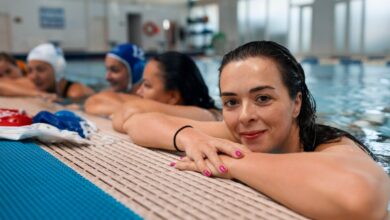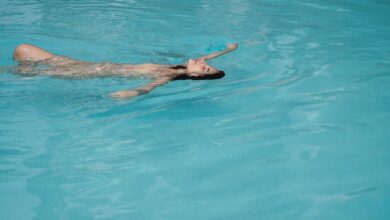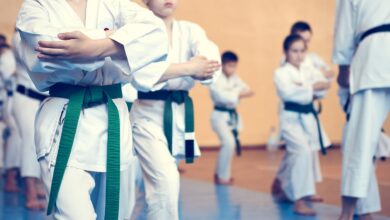Growing with Karate: The Benefits of Youth Martial Arts Classes
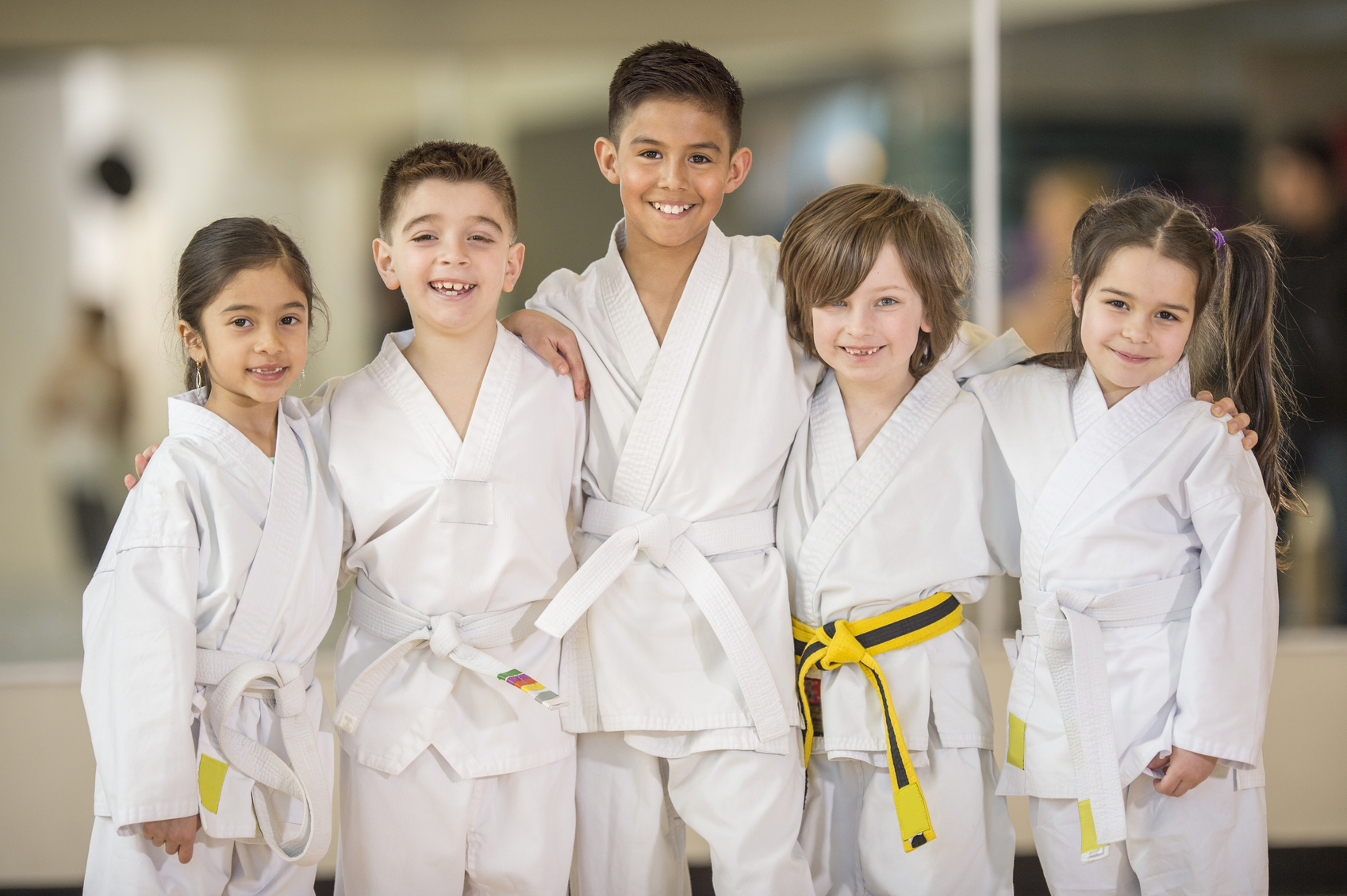
Karate, a revered martial art, has become a cornerstone for youth development. With its roots in Japan, it has spread globally, offering children a medium to foster physical and mental growth. Karate is more than a sport—it’s a philosophy that embodies discipline, respect, and continuous self-improvement, making it an ideal pursuit for children.
Physical Fitness and Health
Engaging in Karate is synonymous with embracing a healthy, active lifestyle. This form of martial art acts as a comprehensive exercise, promoting cardiovascular health, enhancing muscular strength, and improving flexibility and coordination. For children, developing these physical traits is crucial, as it lays the foundation for a healthy adulthood.
Karate classes are structured, ensuring a balanced workout involving warm-ups, kata (forms), and sparring, each contributing to overall physical development. The dynamic nature of Karate promotes agility and reflex development in children, crucial elements in overall motor skill development.
Discipline and Focus
Discipline is at the heart of Karate. It teaches children the importance of a focused mind and a disciplined approach to life. The rigorous training and the need for precise movements enhance concentration levels, and the structured learning environment fosters a sense of responsibility and commitment.
These attributes are transferrable, with benefits seeping into academic pursuits and daily activities. The ability to remain disciplined and maintain focus is instrumental in achieving goals and maintaining a balanced life, making Karate a valuable learning experience for youngsters.
Self-Confidence and Self-Esteem
The journey through Karate is incremental, with each achievement marking personal growth. The process of learning, practicing, and mastering new skills and advancing through belt ranks fosters a sense of accomplishment and boosts self-esteem and confidence in children.
Youth martial arts classes help kids develop a stronger sense of self, learning to believe in their abilities. This newfound confidence is transformative, enabling children to approach life with a more positive outlook and to tackle challenges more effectively.
Respect and Character Development
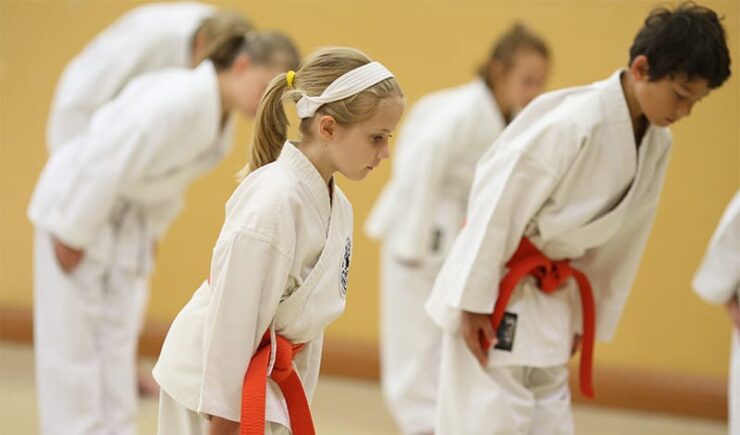
Karate imbibes profound values of respect, humility, and honor. The practice instills a sense of respect for instructors, peers, and oneself, an attribute that extends beyond the dojo into everyday interactions. It also emphasizes the importance of character development, nurturing traits like integrity, perseverance, and empathy.
Character-building activities within Karate classes are reflective, encouraging children to introspect and understand the importance of good moral values, thereby contributing to their holistic development and helping in building a strong, resilient character.
Conflict Resolution and Self-Defense
Karate, while being a martial art, places immense emphasis on non-violence and conflict resolution. Children learn the importance of resolving disagreements peacefully and are taught that the skills acquired are primarily for self-defense and should be used responsibly.
The self-defense techniques learned in Karate are practical and effective, providing children with the skills necessary to protect themselves if needed. This knowledge, coupled with conflict resolution skills, empowers children, helping them navigate through life more securely.
Social Skills and Teamwork
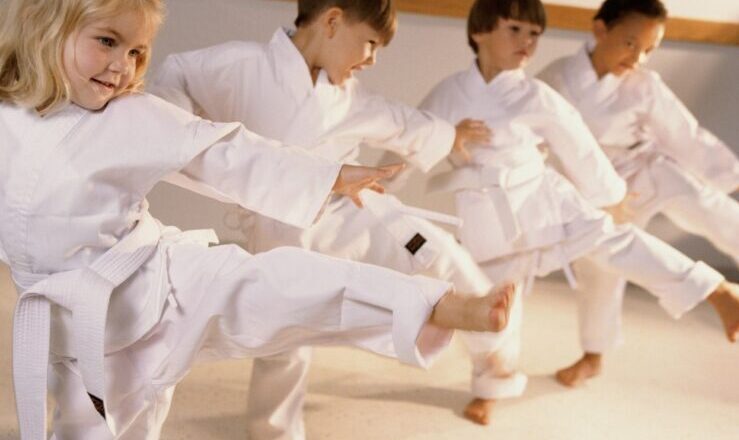
Karate is a social activity, allowing children to interact with peers, forming bonds and learning the importance of teamwork and mutual support. Group activities within the classes encourage collaboration, fostering a sense of community and mutual respect.
The social skills acquired in the dojo are valuable, helping children develop strong interpersonal skills, enhancing their ability to communicate effectively, and work collaboratively, skills that are indispensable in personal and professional life.
Goal Setting and Achievement
Karate’s inherently progressive nature systematically teaches children the invaluable importance of setting, pursuing, and ultimately achieving goals.
The well-structured belt system serves as a tangible representation of an individual’s accumulated skills and profound knowledge, and diligently progressing through the intricate ranks necessitates unwavering dedication, relentless hard work, and resilient perseverance.
Parents have a pivotal role; they can profoundly support their children by consistently recognizing their myriad achievements and persistently encouraging them to set new, challenging goals.
This fosters a deep-seated sense of responsibility and an enduring desire for continuous self-improvement and learning. Acquiring this nuanced learning is essentially a versatile life skill, significantly aiding in comprehensive personal and dynamic professional development.
Stress Relief and Emotional Regulation
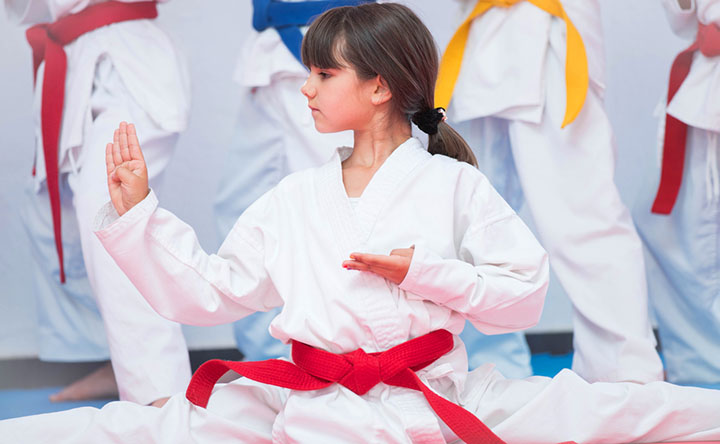
Karate extends a well-rounded, structured outlet that is instrumental for effective stress relief. The vigorous physical activity inherently involved serves as an effective, holistic stress reliever for growing children, and the intricate focus required significantly helps in diverting the mind from looming stressors.
It also inherently fosters the development of emotional regulation, instructing children to control their spontaneous impulses and manage their fluctuating emotions effectively and proactively.
The diversified techniques learned in the enriching journey of Karate, such as deliberate breathing exercises and mindful meditation, are pivotal in maintaining a balanced emotional state. These techniques equip children with the adaptive skills to manage stress, anxiety, and other emotions more constructively and effectively, promoting overall well-being.
Time Management and Dedication
Karate demands commitment and regular practice. Juggling school, karate classes, and other activities teach children the importance of time management. Learning to prioritize tasks and manage time effectively is crucial in maintaining a balanced life.
The dedication required to progress in Karate instills a sense of responsibility in children, teaching them the value of commitment and the rewards of hard work, which are essential skills for success in any field.
Long-Term Benefits and Life Skills
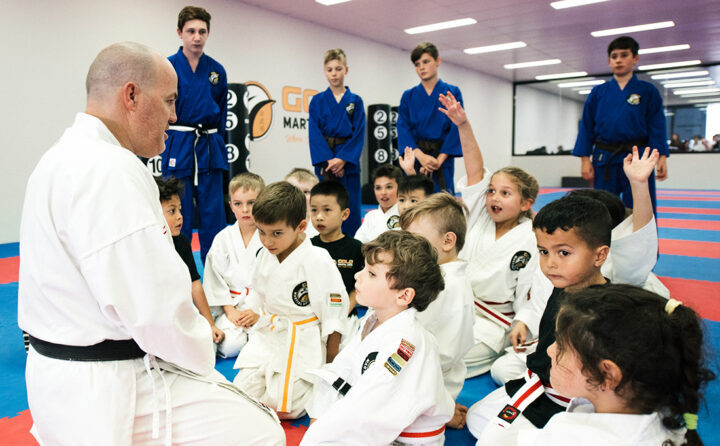
The benefits of Karate extend into adulthood. The discipline, focus, respect, and other values learned are lifelong skills that shape character and guide individual actions. The physical benefits, such as enhanced fitness and self-defense skills, are invaluable, contributing to an individual’s overall well-being.
Many former martial arts students attribute their success to the values and skills acquired during their Karate journey, underscoring the profound impact of this martial art on individual development and achievement.
Conclusion
Karate is more than a martial art—it is a philosophy, a journey of self-discovery, and a lifelong learning experience. The plethora of benefits it offers—physical, mental, and emotional—make it an invaluable pursuit for children. It lays the foundation for a life rooted in discipline, respect, focus, and continuous self-improvement.
Learn more about the impact of karate on kid’s mental health.
Parents contemplating Karate for their children should consider the myriad of benefits it offers. Let the journey begin, and watch your child grow and develop in the nurturing environment of the dojo, acquiring skills and values that will guide them through life.

